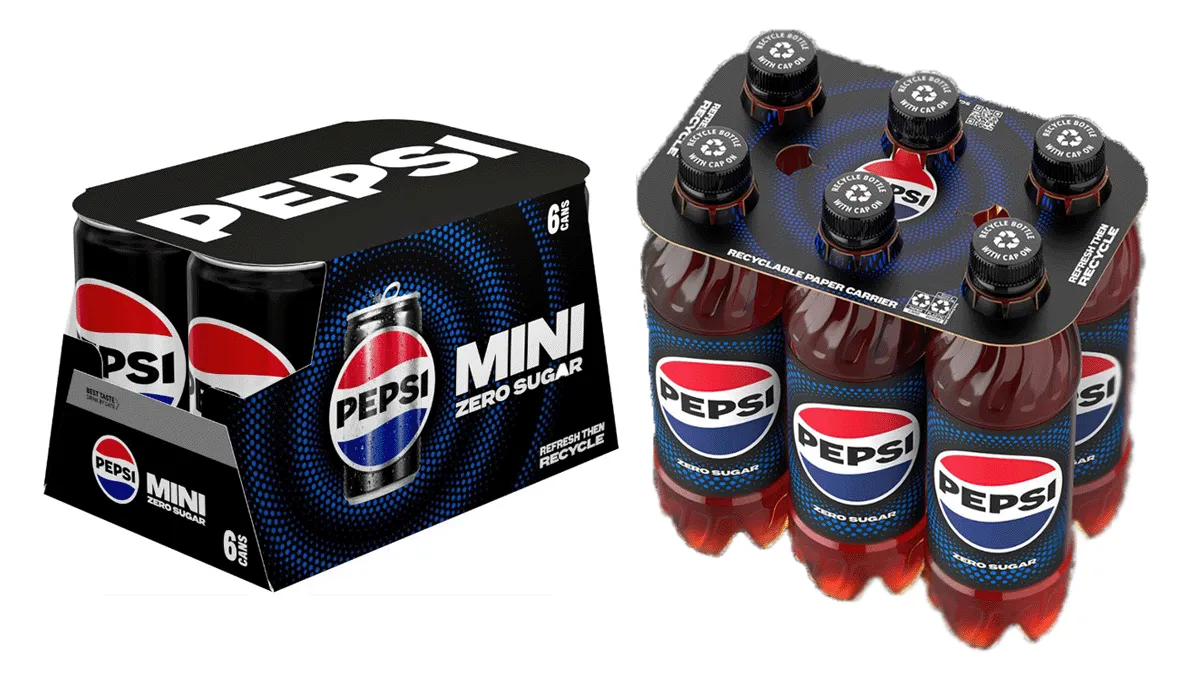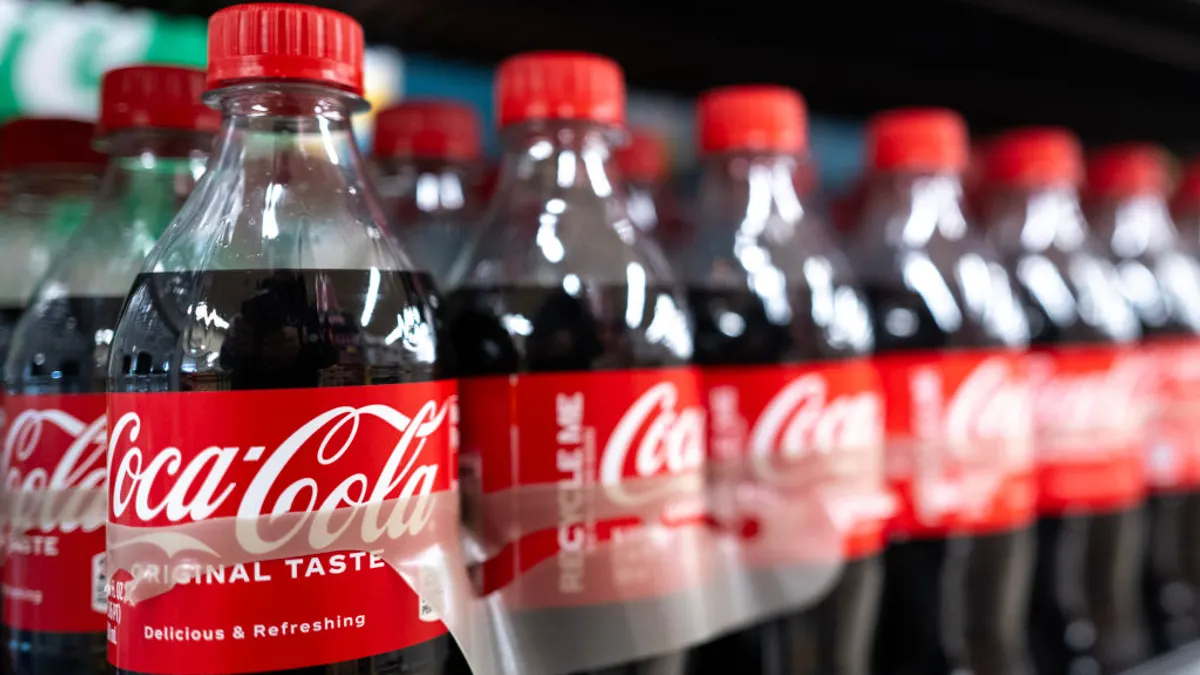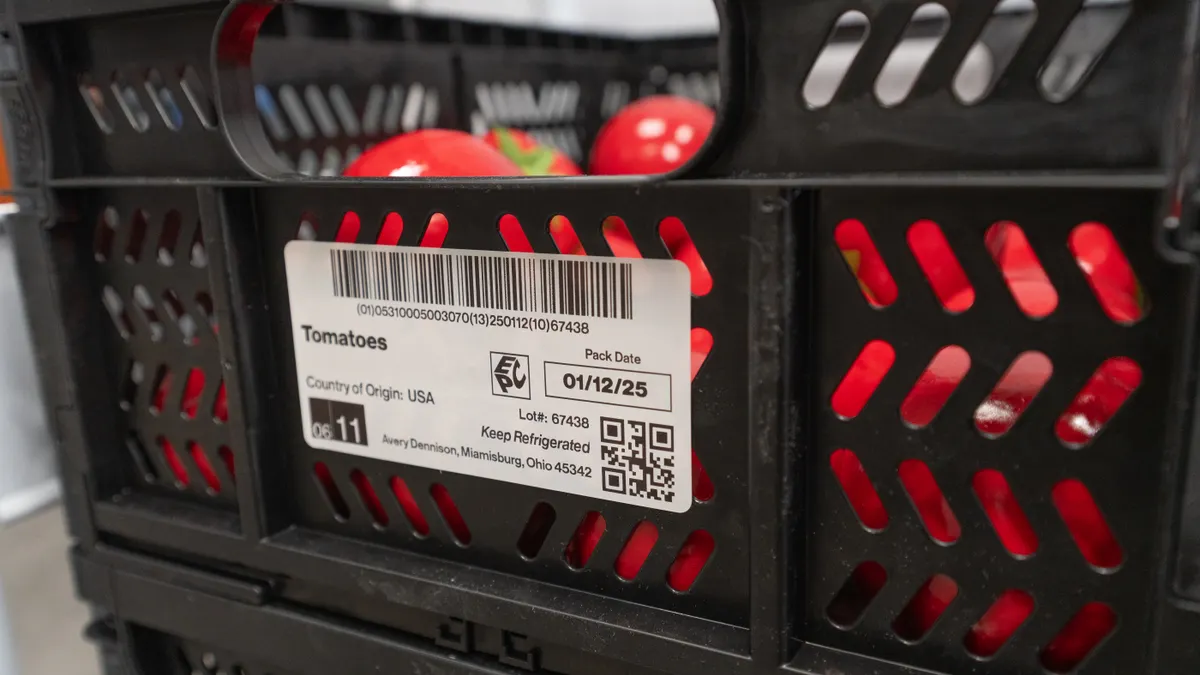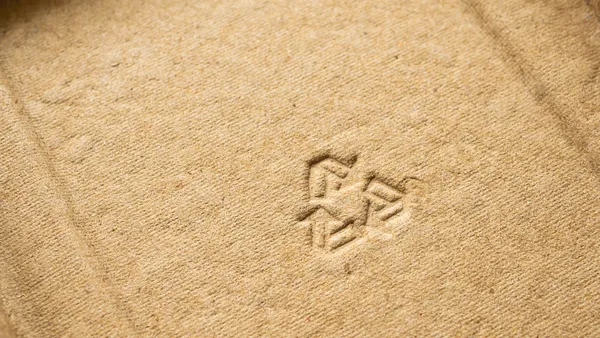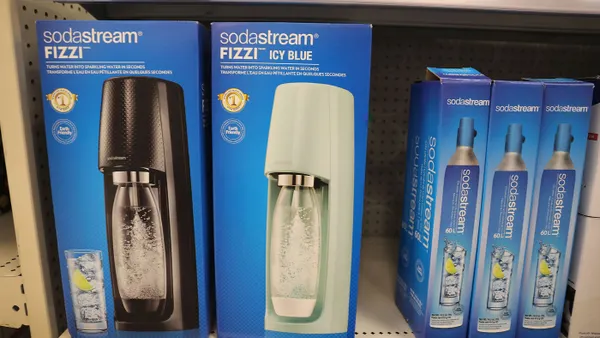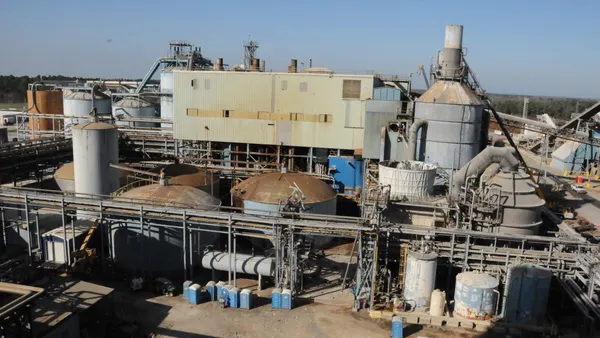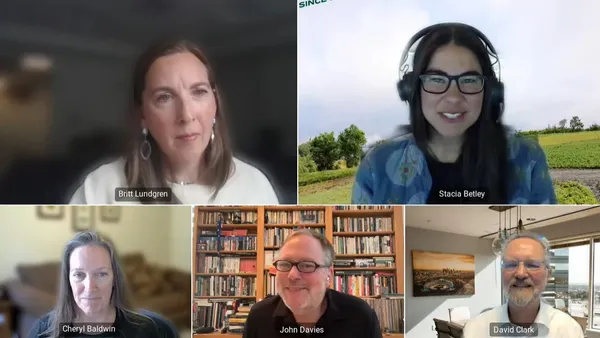PepsiCo is falling short on some goals to improve its corporate sustainability, including related to plastics circularity and reduction. The company addressed the shortfalls in the 2023 ESG report it released Thursday, and it offered thoughts on how to advance in some categories in the future.
Most prominently, PepsiCo acknowledged that it is unlikely to reach its 2025 goal to design 100% of its packaging to be recyclable, compostable, biodegradable or reusable. It projects that by 2025 it will reach 98% on that target. It also projects that “92% of our packaging will be overall RCBR.” That means the packaging is designed to be — and is — recyclable, compostable, biodegradable or reusable based on currently available end-of-life solutions.
“This current projection has us short of our 100% goal, but we continue with our ambition to innovate, invest and partner to progress further,” the report says.
PepsiCo’s 2023 packaging portfolio by material consisted of 34% fiber, 31% PET, 10% glass, 8% aluminum and 5% flexible plastic films, with 12% under an “other” category. It used about 2.6 million metric tons of plastic in its packaging. Overall, its absolute tonnage of virgin plastic used increased by 6%, and it’s aiming for a 20% reduction by 2030.
PepsiCo is among the CPG companies that have recently acknowledged they might not achieve certain 2025 sustainability targets. Like PepsiCo, Colgate-Palmolive noted in the ESG report it released this spring that it might not achieve the 2025 target to make all packaging recyclable, reusable or compostable; by the end of 2023, it stood at 89.5%. Around the same time, Unilever announced that it’s changing its targets for plastic packaging, as it wasn’t on track to meet its goals.
Also on Thursday, the city of Baltimore filed a lawsuit against PepsiCo, The Coca-Cola Co. and others for their “significant roles in creating a plastic pollution crisis.” That follows a lawsuit that the New York attorney general filed against PepsiCo in November for allegedly “harming the public and the environment with its single-use plastic packaging.”
The report also detailed the company’s areas of progress, including switching from plastic rings to fiber carriers for beverage multipacks in North America. And by the end of 2023, the company had sold products in returnable bottles in more than 75 international markets.
PepsiCo nearly doubled the percentage of recycled PET in its North American beverage packs last year, and several brands — including Pepsi, Pepsi Zero, Mountain Dew and Aquafina — have products in bottles made from 100% rPET. It intends to convert all Pepsi-branded products in the U.S. to 100% rPET bottles by 2030. company introduced 100% rPET beverage bottles in other markets in 2023, including India and the United Arab Emirates.
The report highlights the importance of innovation to develop more sustainable packaging, including by creating plastics from plant-based sources. Another 2023 innovation was PepsiCo brand Quaker Oats’ transition to paper packaging for its instant oats pots in the U.K.
In addition, PepsiCo food subsidiaries Frito-Lay and Quaker opened a learning center in Plano, Texas, dedicated to advancing compostable packaging. According to the report, the company participated in a pilot program launched by the Composting Consortium to determine how well certified food-contact compostable packaging breaks down at commercial composting facilities.
Reuse is another strategy PepsiCo is relying on to reduce its virgin plastic use, which it says will also help to lower greenhouse gas emissions over time. But it has discovered that reuse is not a one-size-fits-all solution.
“Our early forays into reusable packaging have shown us that we need different solutions for different markets and consumption occasions, and that consumer convenience is critical to success,” the report says.
It partnered with Turn Systems on a reusable cup pilot program at CGF Arena in Baltimore in 2023. And it launched two new models for the SodaStream at-home carbonated beverage making system along with an automated refill program for CO2 canisters.
Correction: This story has been updated to reflect that PepsiCo’s 2024 ESG report projected the company would make 98% of its packaging recyclable, compostable, biodegradable or reusable by 2025.



